The name Netflix brings to mind dark dramas, true-crime thrillers, and the magic of shows that immerse audiences in their minds. But this time, Netflix is receiving both praise and criticism. The reason? The “Monster: The Ed Gein Story controversy.”
Ryan Murphy‘s latest entry in his “Monster” anthology series, after Dahmer and the Menendez Brothers, has landed in hot water. Fans of the cult-favorite Mindhunter are slamming the new show for allegedly copying interrogation scenes and recycling the tone that once made David Fincher‘s series iconic.
So let’s understand this controversy in detail: fans’ reactions, Murphy’s stance, and whether Monster really stole the essence of “Mindhunter”?
What Sparked the Monster: The Ed Gein Story Controversy?
Monster: The Ed Gein Story premiered on October 3, 2025, and instantly grabbed attention. The eighth episode includes a tense interrogation scene between FBI agents Robert Ressler and John Douglas and the killer Ed Gein.
Now, if you’ve seen Mindhunter, this setup will give you déjà vu. Same kind of dim lighting, camera angles, even tone of voice, and the worst twist? Actor Happy Anderson, who previously played a similar profiler in Mindhunter, appears here too.
Fans on X (formerly Twitter) were quick to notice the resemblance. Within hours of release, hashtags like #Mindhunter and #EdGeinStory started trending. One user wrote
“Did Ryan Murphy just copy-paste Mindhunter’s interrogation scene and call it an homage?”
This scene ignited the Monster: The Ed Gein Story controversy.
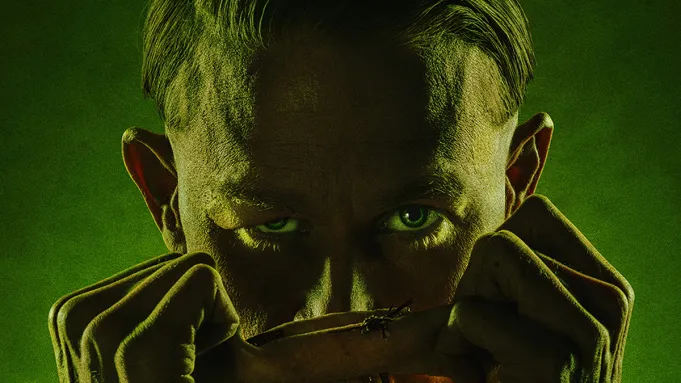
Why Mindhunter Fans Feel Betrayed
Let’s be honest, Mindhunter wasn’t just a show; it was an experience. Fincher’s slow-burning storytelling, deep character psychology, and real-case-based dialogues have created a cult following. When Netflix canceled the show in 2019, fans were devastated.
When Ryan Murphy came out with a new true-crime series and showed us Mindhunter-style interrogation scenes, fans felt like Netflix was mocking their pain.
One fan posted:
“They canceled Mindhunter because it was ‘too expensive,’ but now they’re copying its style for profit. That’s an insult to fans.”
Basically, the audience says that Netflix earned views by using Fincher’s visionary style, without giving credit to the original creators.
Ryan Murphy’s Response – An Intentional “Homage”?
Of course, the controversy reached Ryan Murphy himself. In a recent press interview, Murphy defended his choice, saying that the Mindhunter-like elements were intentional tributes to early FBI profiling pioneers.
According to him, the show’s interrogation setup was designed to reflect the real historical roots of Ressler and Douglas’s methods. He said:
“It’s not about copying Mindhunter, it’s about honoring the people who inspired both stories.”
Murphy says that since both shows are based on real-life agents, the visual similarities are natural. The Monster: The Ed Gein Story controversy, according to him, is a misunderstanding that the homage copy was included.
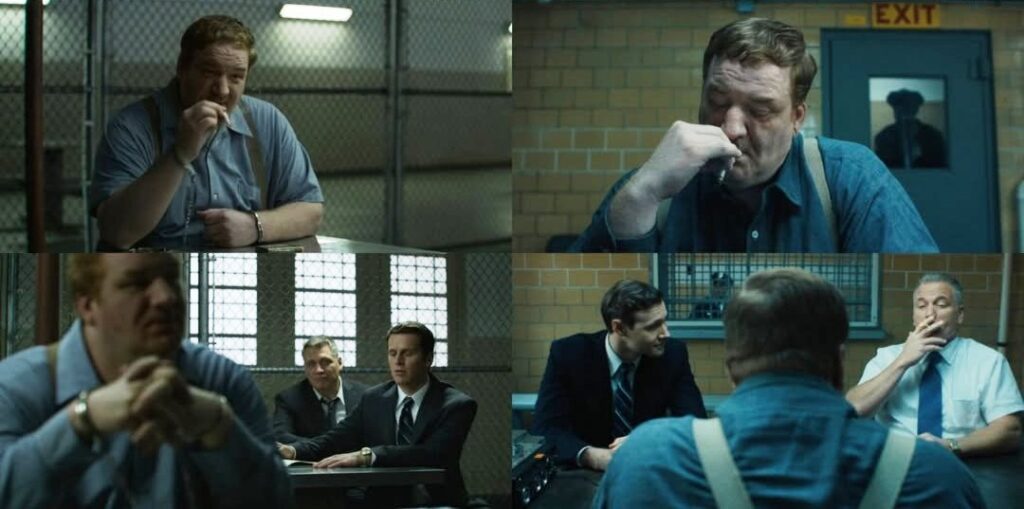
Fans’ Counterpoint – Homage or Lazy Recycle?
Fans, however, aren’t convinced. His point is simple: there is a difference between homage and lazy replication.
The Homage tab feels like it subtly inspires your tone and style, but in this case, the dialogue delivery, pacing, and even the interrogation room setup look nearly identical to Mindhunter.
Some Reddit threads even compared frame-by-frame shots between Mindhunter Season 2 and Monster: The Ed Gein Story Episode 8, calling it a “carbon copy with a lower emotional depth.”
One fan sarcastically tweeted:
“If copying Fincher was legal homework, Ryan Murphy just submitted the entire essay with new fonts.”
That’s the level of frustration brewing in the fandom.
Why This Controversy Feels Bigger Than It Is
Now you are wondering why such a big fuss? This is just an interrogation scene. But it’s not just a matter of copying, it’s about respect for original art and Netflix’s shifting priorities.
When Mindhunter was cancelled, Netflix claimed the show was “too niche” and “too expensive.” Meanwhile, Murphy’s Monster anthology, despite mixed reviews, continues to get greenlights because of its commercial success.
This difference highlights the dark side of Netflix’s content strategy, where quality storytelling is sacrificed for algorithm-friendly sensationalism. So for Mindhunter loyalists, this controversy is reopening an emotional wound.
A Closer Look: Ed Gein’s Role in True Crime Pop Culture
Ryan Murphy’s version of Ed Gein isn’t the first or the last. The case of Ed Gein is one that has been the backbone of horror and true-crime culture for decades, from Psycho to The Texas Chainsaw Massacre.
But Murphy’s storytelling blends real-life darkness with stylized dramatization, which some call exploitative. Meanwhile, Mindhunter took a more psychological and respectful approach.
This stylistic contrast triggers the fans. They feel Mindhunter humanizes the profiler’s perspective, while Monster sensationalizes the killer.
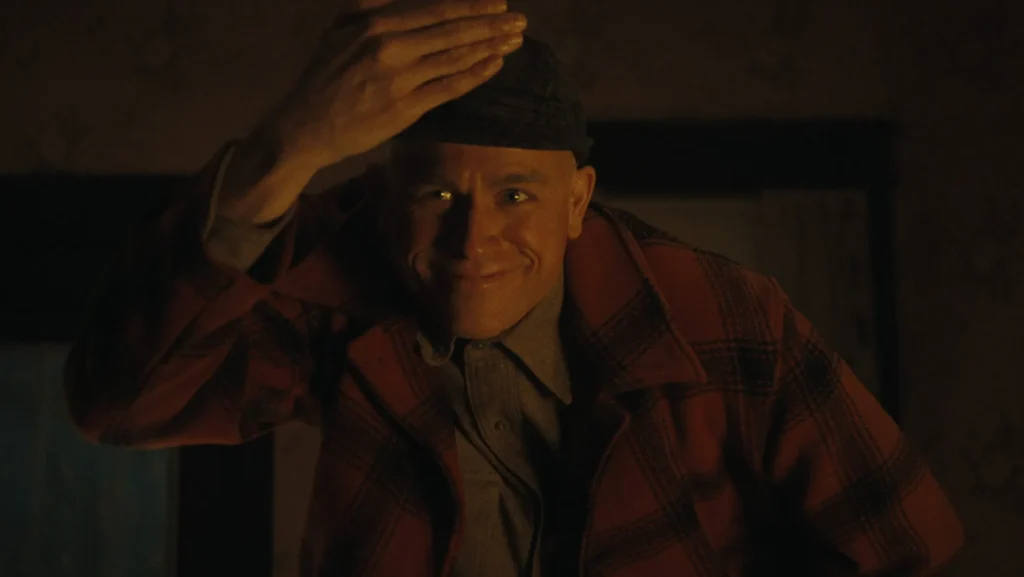
Critics’ Take – Divided Opinions
Critics are divided. Some reviewers praised Monster: The Ed Gein Story for its cinematic execution and performance by the lead actor playing Gein.
But Kuch wrote that it “lacks the depth and subtlety” that Mindhunter mastered.
A critic from Variety commented:
“It feels like watching a shadow of Mindhunter, same crime, less soul.”
This perfectly sums up why Monster: The Ed Gein Story controversy refuses to die down.
Netflix’s Silence – A Strategic Move?
Interestingly, Netflix has not yet given any official statement. This silence seems strategic in letting the debate boost the show’s visibility. After all, controversy sells in the streaming world.
Remember, when Dahmer faced backlash for re-traumatizing victims’ families, it still became one of Netflix’s most-watched series ever.
So chances are that this controversy will also hamper the viewership of Monster: The Ed Gein Story, whether it is positive or negative publicity.
The Bigger Question – Will Mindhunter Ever Return?
Every time a new true-crime show drops, Mindhunter fans start trending the same question: “Bring back Mindhunter.”
Unfortunately, Fincher clarified that unless Netflix fully supports the production cost, season 3 is unlikely.
But this controversy might just revive public demand for the series. Ironically, Murphy’s show, intended to celebrate criminal psychology, might have unintentionally reminded the world how much they miss Mindhunter.
Final Thoughts – Homage, Copy, or Capitalism?
At the end of the day, the Monster: The Ed Gein Story controversy proves one thing: true-crime storytelling is walking a thin line between respect and repetition.
Ryan Murphy probably wants to pay tribute, but when the visual similarities are so strong, the audience’s trust is shaken.
And when a canceled cult classic (Mindhunter) and a trending commercial hit (Monster) are compared, emotions naturally run high.
So, is it homage or copy?
Maybe both. But one thing is clear: Mindhunter may be gone, but its psychological shadow still looms large over every true-crime drama Netflix produces.
Top 5 Best Underrated Anime Movies on Netflix 2026 for Binge-Watch
If you limit yourself to just popular shows or trending anime, then honestly, you’re missing…
Lee Cronin’s The Mummy (2026): Practical Effects, Body Horror, And The Promise Of A Dark Reboot
Practical effects are back Ever since the first trailer for The Mummy dropped and the…
Breaking Bad vs Game of Thrones Fan War: When Review Bombing Replaces Real Fandom
The Breaking Bad vs Game of Thrones fan war has officially entered a new level…
Animated Venom Movie: Sony’s R-Rated Surprise?
Animated Venom Movie: Sony’s Next Big Experiment? 2026 has begun with some exciting news for…
Mutant Mayhem 2 Release Date Update: Big News for TMNT fans!
There’s a fresh and exciting update for Teenage Mutant Ninja Turtles fans. The release planning…
Naruto Legendary Status Debate: Are New Gen Fans Understanding Naruto’s Legacy?
The Naruto legendary status debate has once again heated up in the anime community. Early…

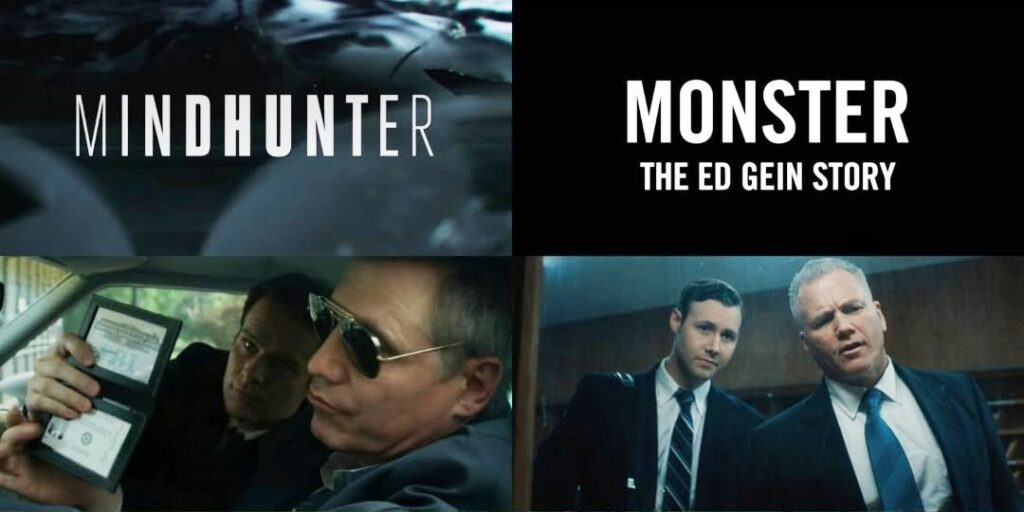

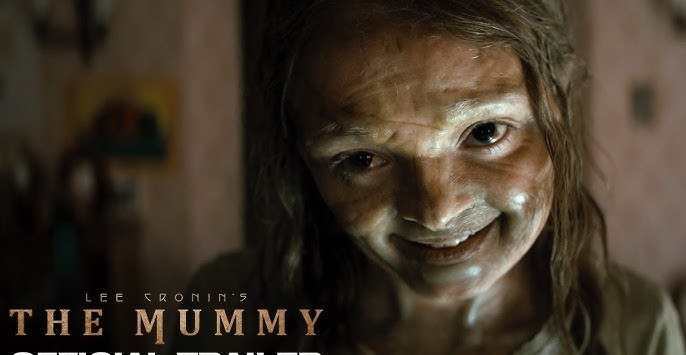
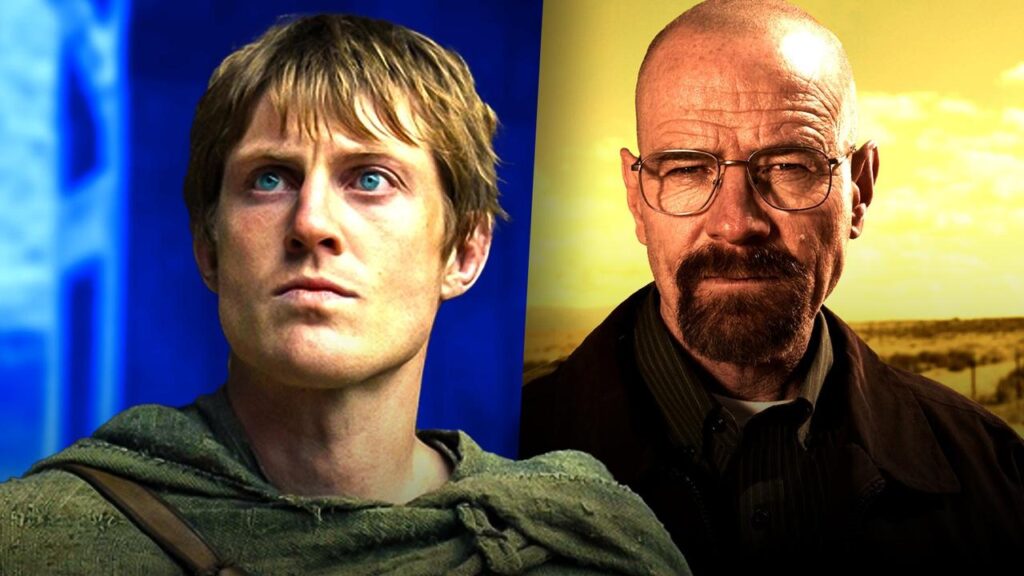
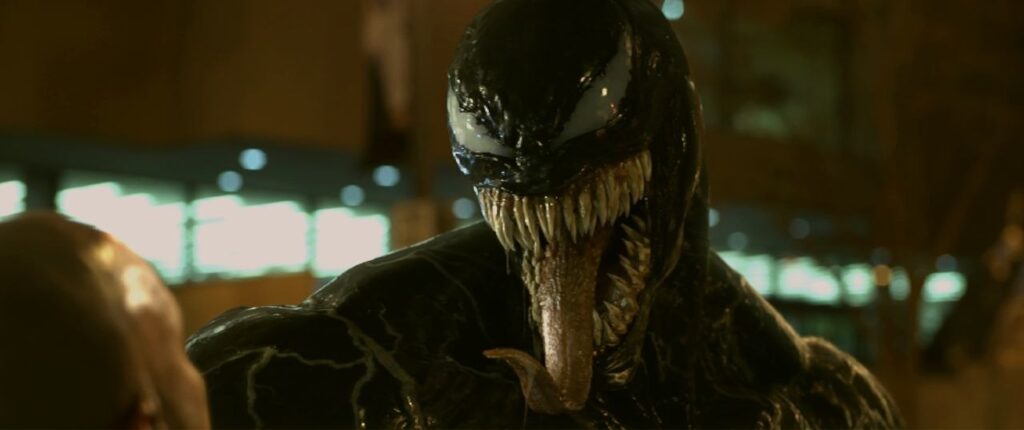


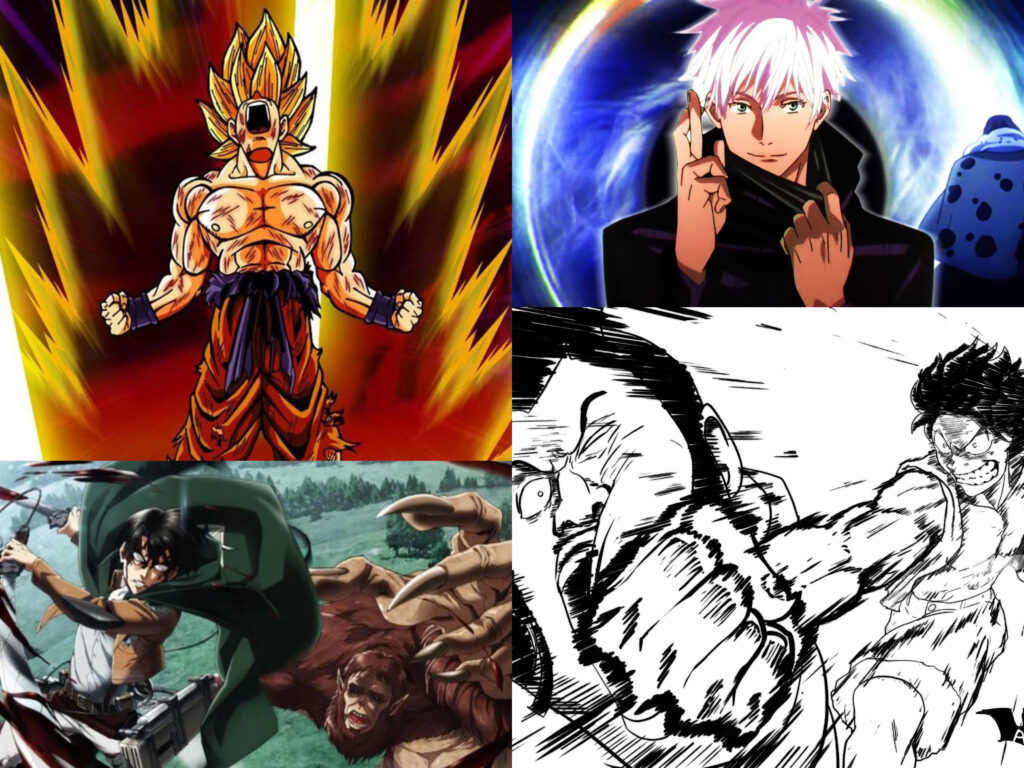
Can you be more specific about the content of your article? After reading it, I still have some doubts. Hope you can help me.